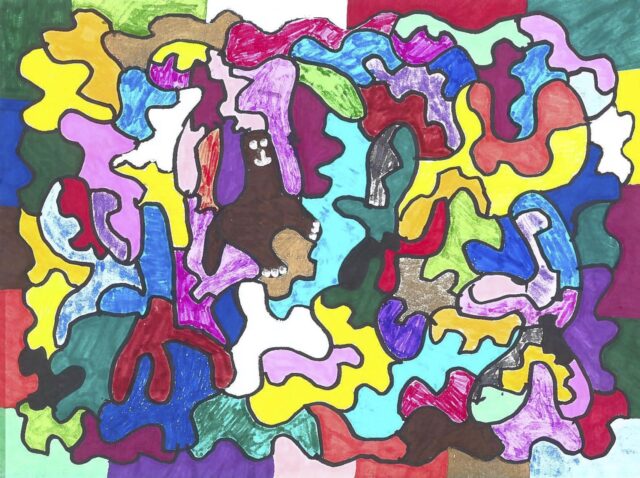Guardianship is the legal means by which a person’s right to make their own decisions is taken away and given to another—the Guardian. Because it deprives the person of all of their legal and civil rights, the Constitution requires that guardianship is the “least restrictive means” to protect the person. Often the specific issues that cause parents to seek guardianship can be solved by other legal means like health care proxies, Social Security representative payee status, and/or Special Needs Trusts (SNTs).
Supported decision-making (SDM) is increasingly recognized as a preferable and less-restrictive means to guardianship by, for example, the American Bar Association, the ARC of the United States, the National Council on Disability, the Uniform Law Commission, and even the National Guardianship Association. By providing a person with I/DD with supports from trusted people in their life, they are able to make their own decisions and retain all their legal and civil rights.
New York Courts have recognized that, as a less-restrictive alternative, SDM can be used to avoid the necessity for guardianship in the first place or as a means to restore the rights to persons already under guardianship.
Impacts reported by guardians and potential guardian family members of persons with I/DD, including autism, engaged in SDMNY:
- Increased happiness and happy to be making own decisions
- Increased self-esteem and self-advocacy
- Trying new things, experiences
- Gaining skills
- Increased confidence
- Less anxious
- Excited
- Feels more mature, grown up
